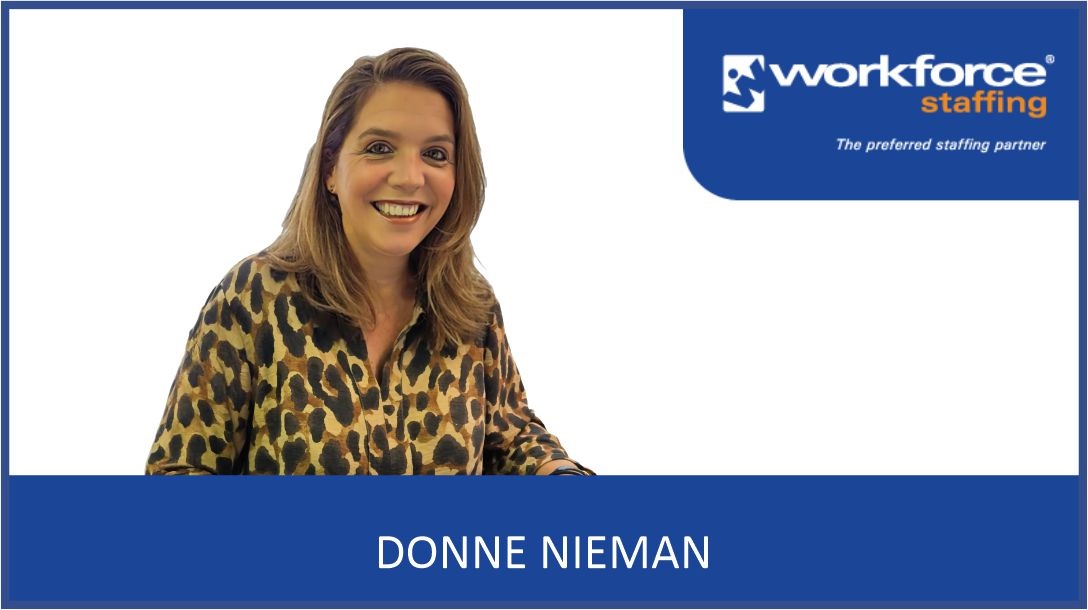Craig Comrie, CEO of Profmed
The National Health Insurance (NHI) Bill may sound like a great idea in theory, but its hope is marred by economic realities and too few practical solutions which can improve healthcare access. Too many unanswered questions about funding, healthcare resources and implementation all feel like a great weight pulling down progress in this critical issue of care.
In a country like ours, where healthcare divides people along financial lines, we all know something needs to change – that much is clear. But while the dream of universal healthcare is a noble one, the current NHI plan feels like it might be trying to run before it can walk or even walk before it can crawl.
We have to find realistic solutions to the problems experienced by those seeking care in overcrowded public facilities where staff are overworked and the infrastructure is falling apart. While private care is better, it’s still too expensive for most South Africans. The divide between these two systems is widening while court challenges persist and reasonable reforms (e.g. Health Market Enquiry recommendations) take a back seat. The solution lies in general economic reforms that will drive growth, improve disposable income and result in larger tax revenues.
The NHI Bill, as it currently stands, has to consider decades of low economic growth, a small tax base and diminishing tax revenue when considering population growth. The question is: Where is the money coming from to finance NHI?
NHI would require huge additional funding, but there’s no clear path to make that happen. Hiking taxes to cover the cost sounds like a quick fix, but it’s not a realistic one. South Africans are already feeling the pinch, and any increase in taxes would likely be met with strong resistance. Without a sound plan for funding, NHI may fall flat before it even has a chance to start.
The continued debates regarding equity in health have been constructively undermined by poor management and corruption within the public healthcare system. So, rather than fixing the basics, like getting our hospitals up and running to serve the people, our government is set on making the entire system effectively managed as a single public system. This only makes it more complicated and sets up a single system providing no alternative when it fails.
Private healthcare, though often out of reach for most people, has the infrastructure, expertise and capacity that could benefit those stuck without care in the public sector. We’ve already seen examples of public-private partnerships working, especially in areas like oncology. Why not scale that up? Both sectors have something to offer, and a mix of the two using a multi-funded approach provides a more realistic incremental shift towards achieving universal healthcare for everyone.
Instead of pushing for a complete overhaul, jeopardising the retention of critical healthcare resources, we could instead find ways to make the two sectors work together. We could take the lessons from other countries, where public and private healthcare systems coexist to achieve universal healthcare coverage. We must figure out how to bring the best of both worlds to South Africa. It’s about ensuring everyone gets the care they need, no matter where they live or how much money they have.
The NHI isn’t a problem we can ignore. If we don’t figure it out now, the most vulnerable South Africans will be left behind. It’s time to think realistically about healthcare reform and consider practical solutions that can start making a difference right now.
Alternative models to the NHI provide an opportunity to protect the constitutional rights of health while also preserving choice. Instead of rushing to make drastic changes to society, let’s put our efforts into building something that works. We need a system that truly provides healthcare for all South Africans without losing sight of the reality on the ground. What we need is practicality to rule over politics.
ENDS





















































































